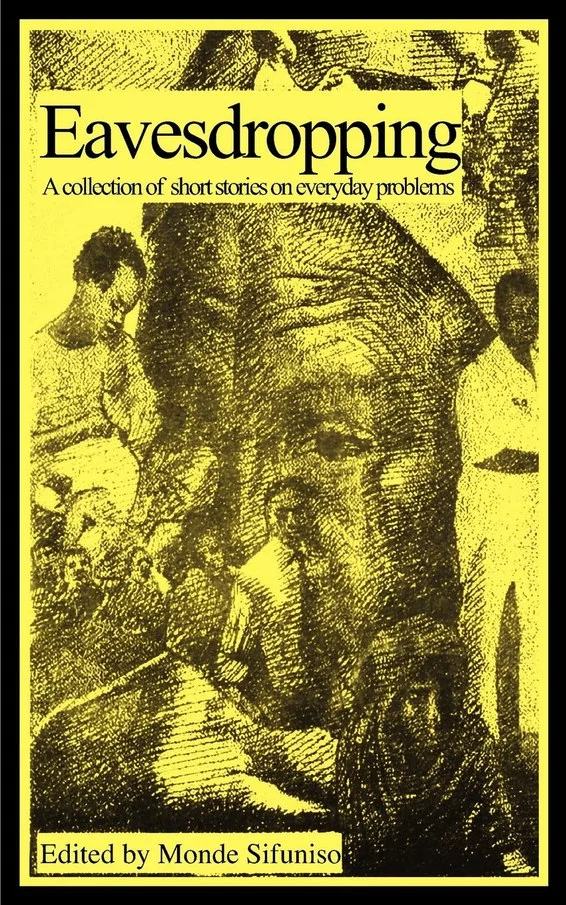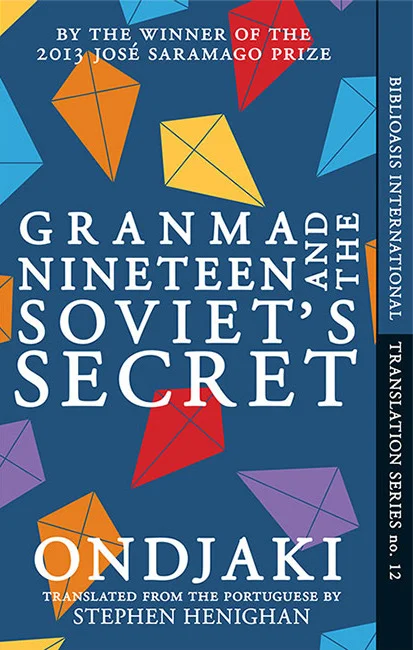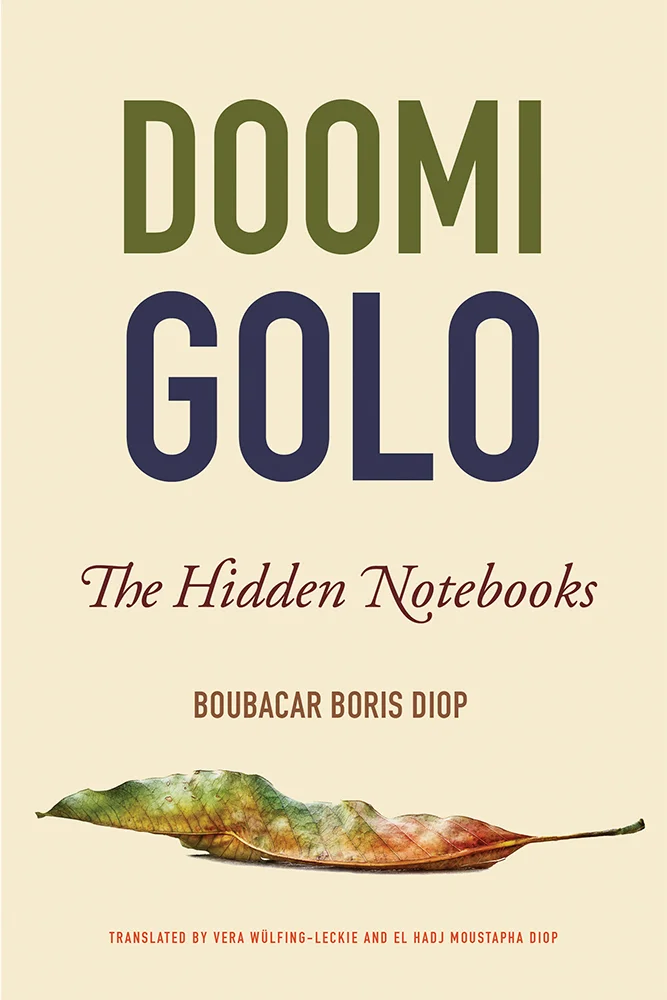Guinea-Bissau: The Ultimate Tragedy (Abdulai Silá, trans. Jethro Soutar)
Abdulai Silá (b. 1958) is also an engineer and economist in addition to his writing work. He attended college in Germany, where he studied Electrical Engineering. He is co-manager of SITEC (Silá Technologies), which he started with his brother in 1987. He is also Co-Founder and Chairman of Eguitel Communications. His first novel, Eterna Paixão, was the first ever to be written and published in Guinea-Bissau. He currently lives in Bissau.
Background: The Mandinka conquered Guinea-Bissau around 1200, eventually making it into a province of Mali's Empire. Europeans began making contact in the 15th century, with the Portuguese conquering the region. The slave trade and gold trade were established, with 150,000 slaves exported. In the 18th century, the Portuguese began to supply Brazil was slaves from the region, and founded Bissau in 1765 to centralize their efforts. In 1852, the slave trade was finally put to and end. When the Portuguese monarchy fell in 1910, the new government set up a ministry to help the colony with administration, resulting in violence against any Guinean resistance. Portugal's tenuous economic position left little time for the colony, and it was more or less neglected through the 1960s. In 1956, the African Party for the Independence of Guinea and Cape Verde (PAIGC) was founded, and strides were made to push for independence through guerrilla warfare, with many deaths. In 1974, the Carnation Revolution coup broke out, ending the dictatorship in Portugal, and the new regime negotiated with the PAIGC, eventually resulting in the establishment of the Republic of Guinea-Bissau and independence. It wasn't until 1994, however, that the first multiparty elections were held for president and legislature. In 1998, an attempted coup began the Guinea-Bissau Civil War, with hundreds of thousands displaced, and many killed. In 1999, an unconditional surrender was signed, and new elections held. 2003 saw another coup, and new elections, and in 2009 the president was assassinated. Political stability has remained elusive.
The Ultimate Tragedy is the first novel ever to be translated into English from Guinea-Bissau. A painful read, the novel deals primarily with the life of Ndani, a girl who grew up in the countryside, disliked by everyone but her stepmother. She moves to the city looking for work, and becomes the maid for a Portuguese family. Her boss, Dona Deolinda, becomes increasingly devoted to converting the Africans to Christianity, and Ndani is forced into this as well, until Dona Deolinda's husband rapes Ndani and she is forced out. Ndani returns to her village, a pariah. The entire middle third of the book follows a totally different story; that of a village chief trying to establish power against a local white administrator. He is very concerned with "thinking," and many pages are devoted to his paeans to the gift and necessity of thinking about things. The chief builds a school and a house, and bring Ndani in to be his wife, thinking she can take care of his white-person-style-house, but ignores her when he discovers she is not a virgin. As he slowly crumples, she takes up with an educated black teacher. I leave the end to be discovered. I knew next to nothing about Guinea-Bissau, and it was interesting to learn a little about the culture. Silá does not paint a particularly sympathetic portrait; it's hard for me to tell where he stands. Does he see himself as the teacher? The chief? At the very least, it is clear that Silá is not a terribly accomplished writer. The book is disorganized, and the middle third is bizarrely interpolated instead of following Ndani's story. Ndani is also so clearly the woman-written-by-a-man character. She is lacking in depth, portrayed as simplistic in ways that are hard to read. It's hard to know what to conclude: did I get some things out of the book? yes. Would I recommend it strongly? not really.






